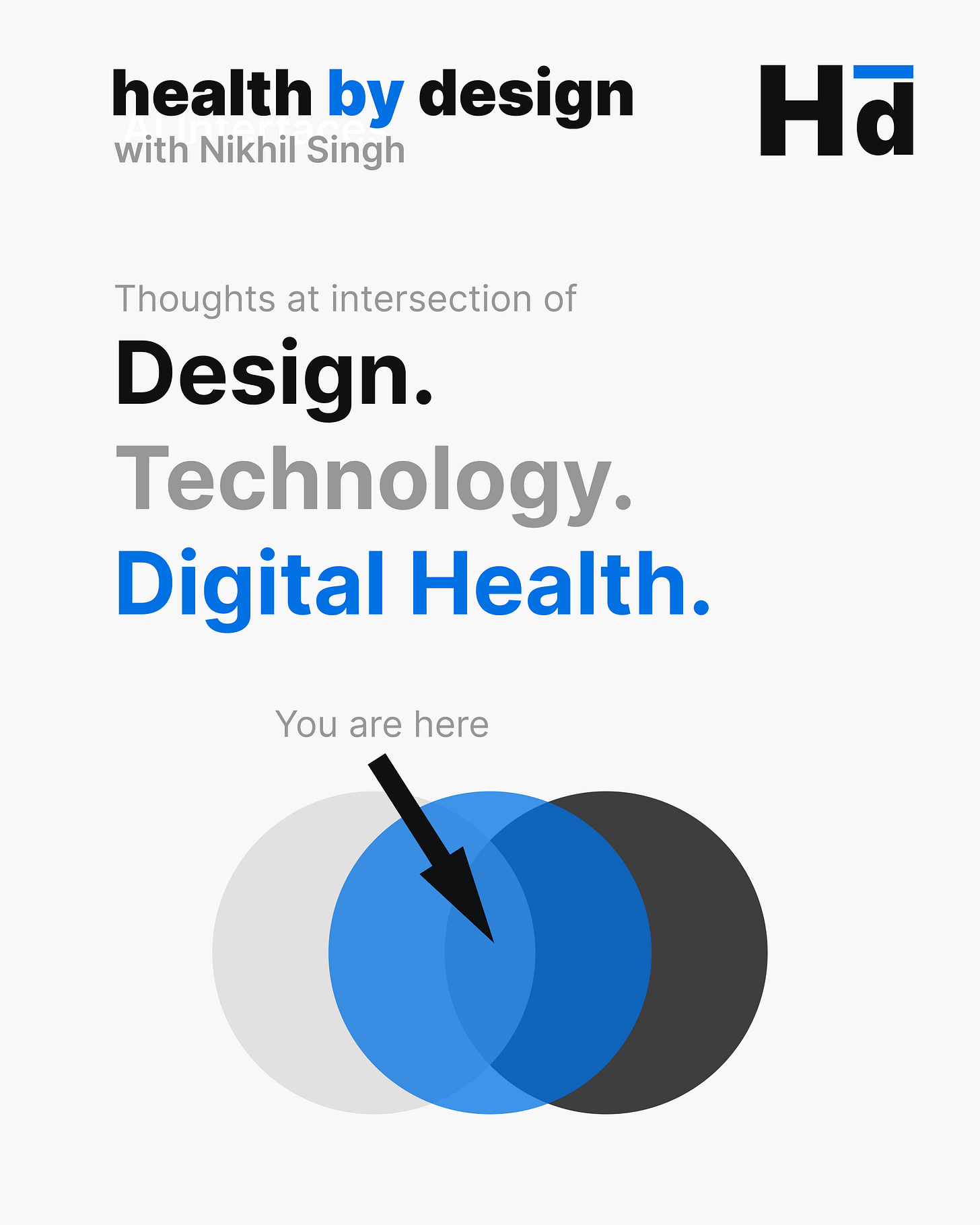AI Driven Design Methodology
Methods and practical use of AI in design process
Last few months I have been experimenting with all sort of AI tools and trying to adopt my workflow. This includes generating text, images and even code. I tried tools like ChatGPT, Gemini, Perplexity, Lovable, Replit and many more.
This article discuss my current workflow, new ai based design tools and future of the product design itself.
Practical usage in my everyday work
I work with one page no code landing pages with https://ziro.agency/. With goal of creating high converting one page website done and delivered in short amount of time.
My design stack includes Google Forms, Perplexity and Framer.
Google Forms: In this step I collect the requirements from my clients. I ask my clients to fill predefined questionnaire. These question detail out the expectations of the clients. What they want to achieve with their websites? Which websites they like currently? Mood and feel….
Perplexity: In this step I take text from google forms to generate a copy of landing page. Based on the need I adjust my text prompt in perplexity. Whether a clients high converting page or a contact form or a promotion of their product. This steps requires a lot of iterations to achieve a workable copy for the website.
Framer: In this stage I work on design for the website. Going from section to section. For example hero section, who we are, service section, contact form and more. Also to mention I collect lots of references and examples before starting this stage.
I have used this methodology for multiple projects now and it has given me great results.
Website generator Tools : Replit, Lovable
I worked with tools like Replit and Lovable to generate entire landing pages. In my observation in current states the results can be used as generic website but not as well designed products. The output lacks character, tone and personality. The results need to be adjusted and refined.
Repit and Lovable in current stage are not great to be used as “design tool”. Other thing is which I don’t appreciate is endless prompting. More like doom prompting. To get good results visually is quite hard.
Rise of Node based AI platforms
It is clear to me now that one single AI tool can be answer to solve difficult design challenges. It will be series of ai tools that combine together to form final result. The answer is Node based tools.
What is a Node based tool?
A node can be considered as a unit which is responsible to perform a specific/specialised task. These units can be combined together like wires to each other to form a graph. It is a visual process in which one can easily understand how data is flowing from one to another.
This approach has been around ages in 3d softwares. For example, Rhino 3d is a popular 3d design tool for designers. Rhino 3d offers a feature called Grasshopper
https://www.rhino3d.com/
AI Node Tool : Weavy
One such tool I found is called Weavy (https://www.weavy.ai/). In the image you can see how a 3d model of a bust was converted into a video, by controlling each of creation at minute level:
3d model was generated using Rodin(Ai tool for generating 3d models).
Combing 3d with color reference to generated an image using stable diffusion.
Text prompt and another reference image to generate the final video using minimax.
https://www.weavy.ai/
Future of product design
AI tools has enable to produce products faster than a product designer can catch up. It’s Product First Design Later.
Envision a future where product are build at speed of the idea itself. Followed by iterating and refining product by talking to actual customers. Design in traditional UI/UX way will take a backseat. In my opinion, this is how new way of doing digital products:
Idea for new business/product. Plain rational and creative thinking.
Prompt, iterate and build quick prototypes. Transfer it to developers.
Start testing will user, collect feedback, improve UI/UX and repeat. Validate Value proposition
Idea > Build, Validate and Iterate > Improve Experience with design
Takeaways
As a digital designer it has become prominent that AI has changed the way we work. Product first design later and node based methodology are here to stay.
Special Announcement:
I'm hosting free branding workshops for healthtech startups and companies wanting to improve their market presence. This two-part sessions will help participants reassess their current branding approaches. Book your session here:
https://calendly.com/ziro-nikhil/30min





